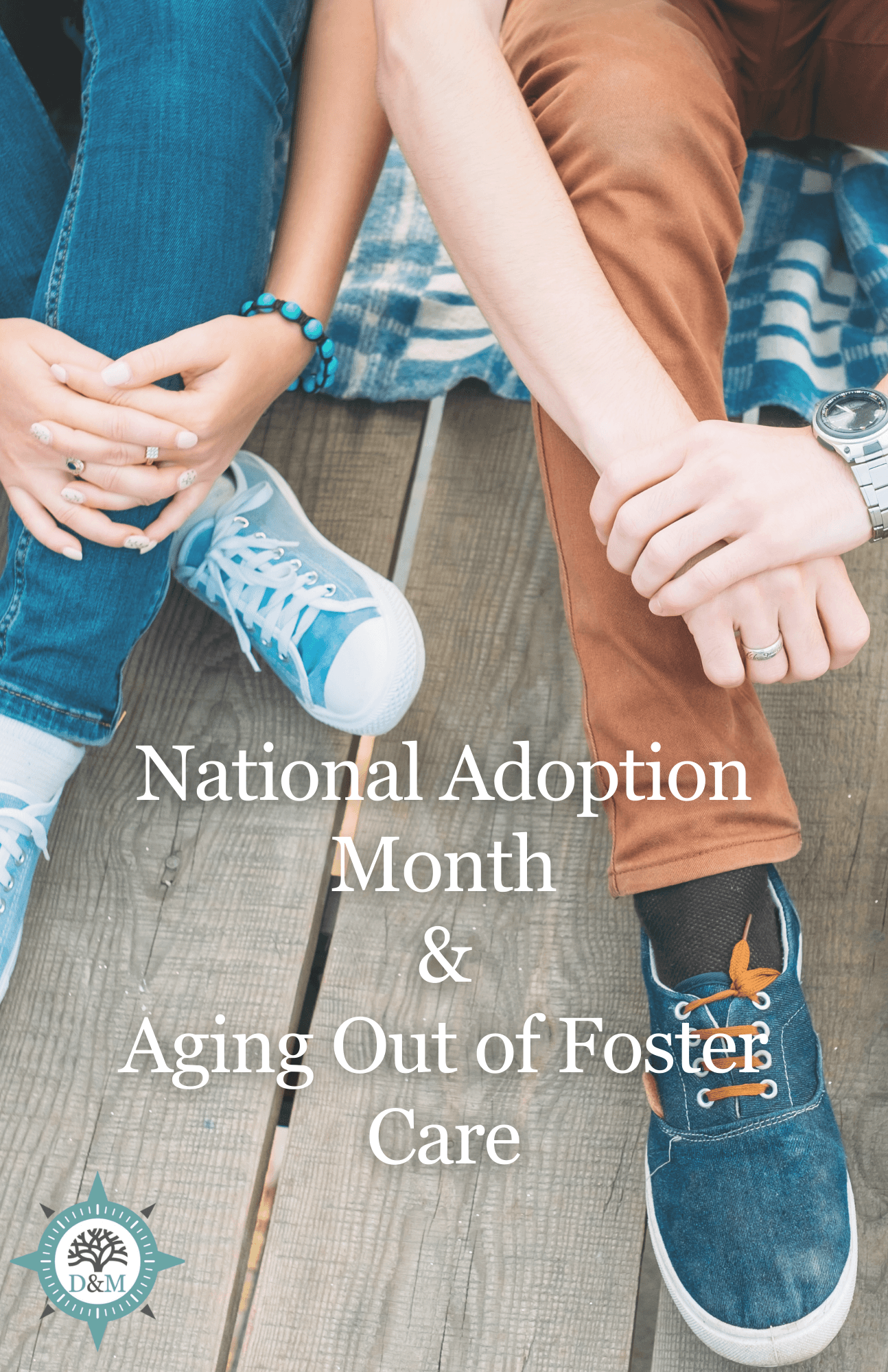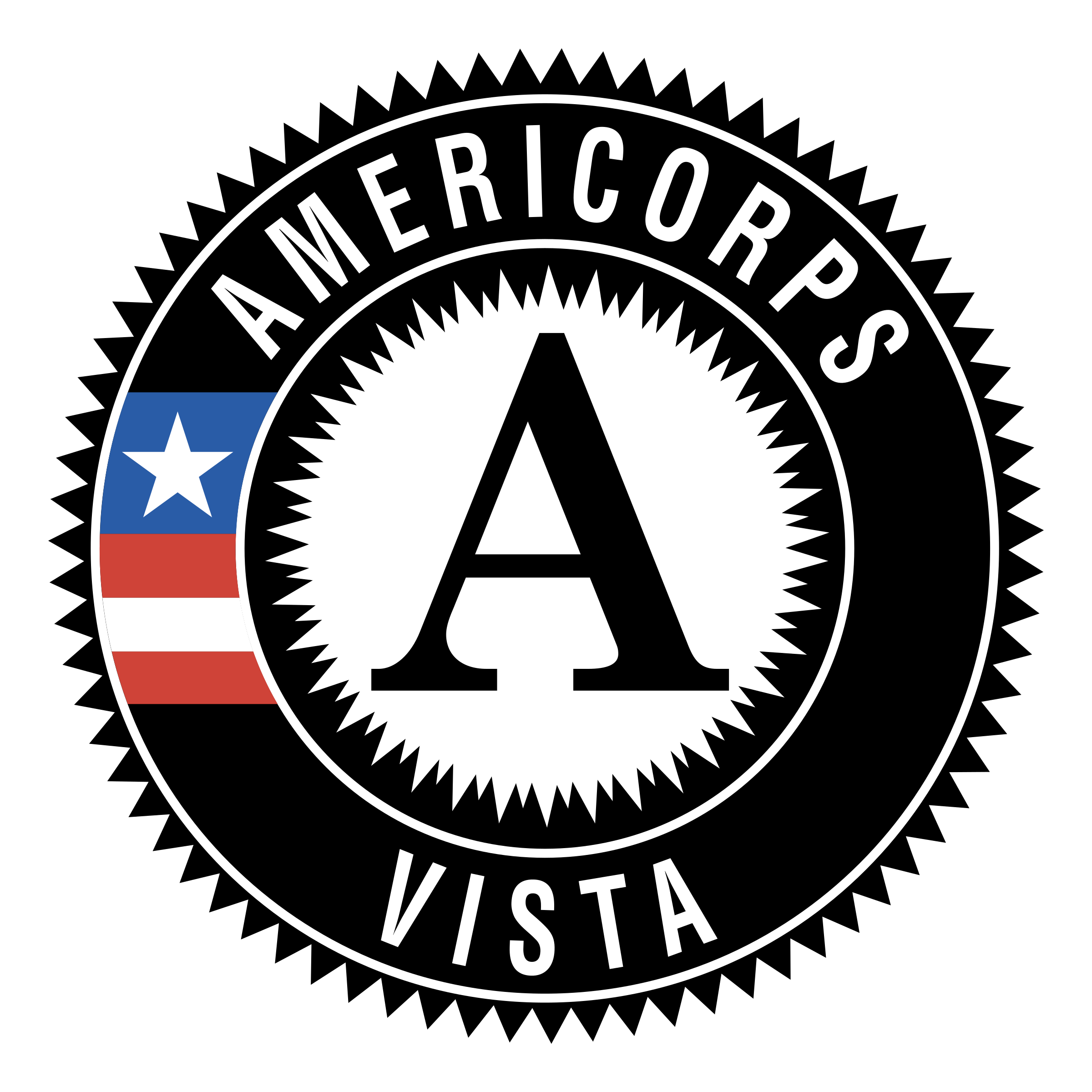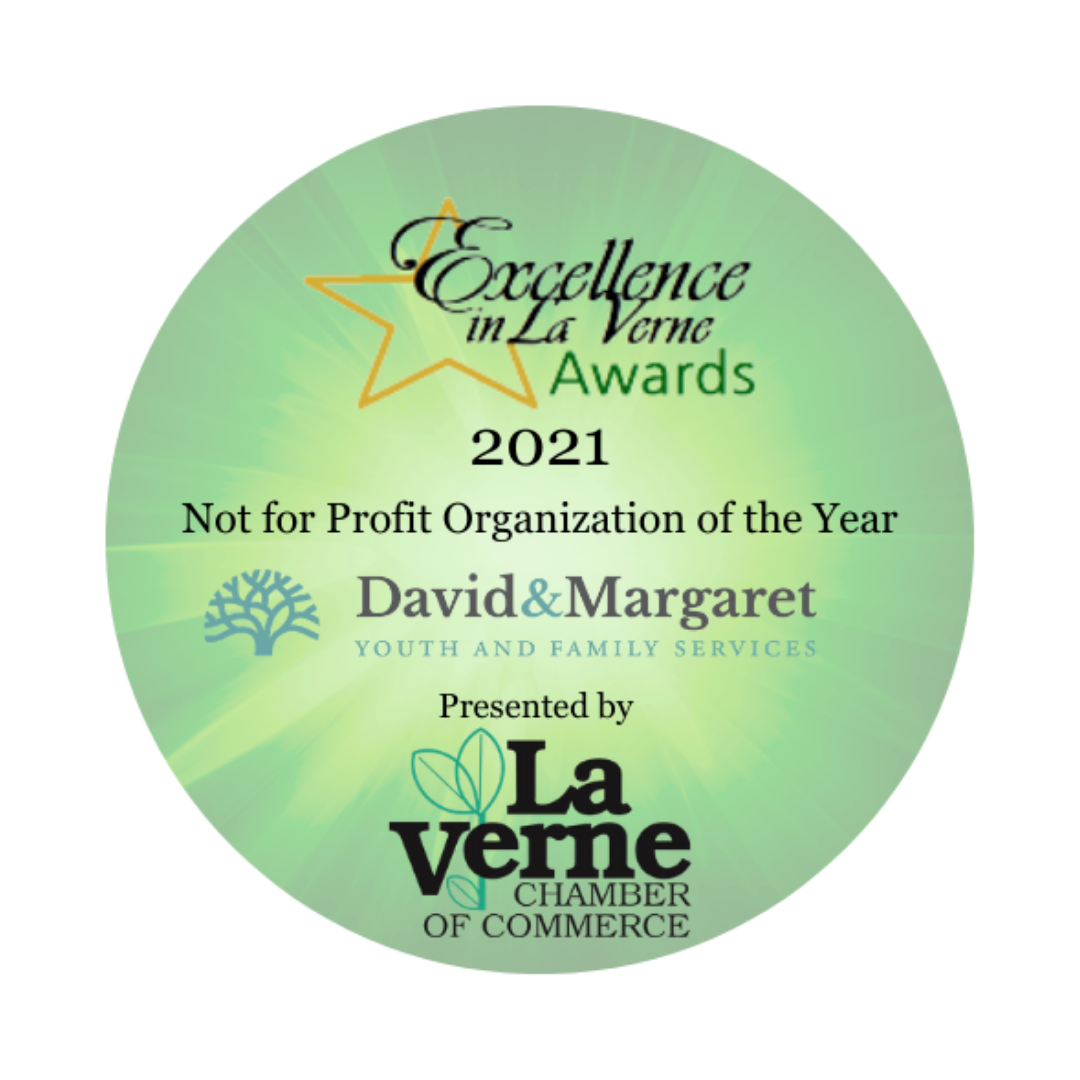
While National Adoption Month is a time of celebration for many families, it can be a time of grief and loss for the young adults who spent the most time in foster care, never getting adopted into a forever family. This population is referred to as Transitional Age Youth (TAY) and consists of youth aged 15-21 who have most likely been in the system for over a year and been through several placements. Although adoption may be nearly impossible for this population, as the likelihood of adoption greatly diminishes with age, these young adults deserve permanency, stability, and support while they transition out of state services into independent adulthood.
The theme for National Adoption Month 2021, chosen by the Children’s Bureau at the US Department of Health and Human Services, is “Every Conversation Matters” which focuses on permanency planning for TAY. The theme is especially poignant in the year 2021, when the world is amid recovering from the worst pandemic in a century. For almost all young adults in Transitional Housing Programs (THP), like the one offered through COMPASS Programs, there has been a lot of uncertainty regarding extension of services to combat the effects of the pandemic.
Due to Assembly Bill 12 (AB-12) in California, youth can stay in placement until age 21 and receive supportive services like transitional housing, job training, life skills, case management, mental healthcare, and financial assistance. To be eligible for services under AB-12, youth must have a job, be enrolled in school, or actively engaging in one of the two. The COVID-19 pandemic had a particularly rough effect for this population, with services slowed down or even stopped, courts being delayed, schools transitioning to distance learning, and two-thirds of TAY losing their job or having their hours reduced. Given these restrictions, youth aging out during this state of emergency resulted in youth losing their housing with nowhere to turn.
To address this crisis, Governor Gavin Newson extended AB-12 benefits several times to protect youth who were aging out in the middle of an ongoing pandemic. Unfortunately, those extensions ended on September 30th, 2021. The extensions created a backlog of youth who were slated to exit the system during the height of the pandemic, forcing them all out at once come October 1st.
In the past few months leading up to this mass exodus, social workers, agencies, and TAY have been working around the clock to create exit plans that will provide some stability once services end. COMPASS Programs has been at the forefront of all these changes and extensions by attending all Youth Coordinated Entry System (YCES) provider meetings to receive the most up-to-date information for our TAY. Our transitional social workers have been working tirelessly with youth to ensure all their needs will be met after their discharge. One social worker at COMPASS, Frankie, shared her experience, “I have given an abundance of resources to my TAY that will fit their lifestyle. This consisted of lots of transitional meetings, finding resources, phone calls, and follow-ups. Finding a right fit seemed like it would never come, and a lot of my clients were stressed as [the deadline] approached quickly.”
Thanks to the hard work of all our staff, every TAY at risk of aging out at COMPASS was able to obtain their own housing and maintain employment and/or enrollment in school. There are still thousands of TAY awaiting their discharge dates in California. As of October 27th, a new piece of legislation, the Continued State Flexibility to Assist Older Foster Youth Act (H.R. 5661), has passed the House in California and is headed for the State Senate. This bill would extend foster care benefits through September 2022, giving youth time to work towards independence while they still have some support. To show your support for older foster youth, you can contact your representative and ask them to vote YES on H.R. 5661 through this simple and easy-to-use website. You can also support TAY at COMPASS directly by making a donation to the program!








